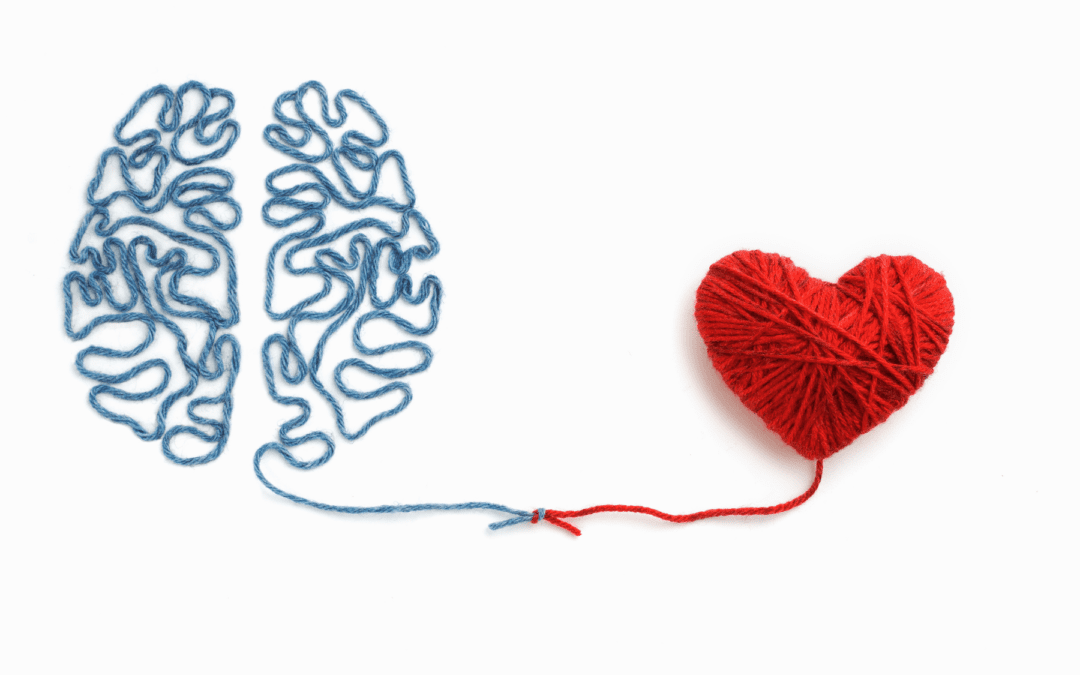Author: Stacey Isaacson
When I was a kid, long before my bipolar II diagnosis, I was known to be emotional. Over-emotional, as it was termed. Many a time was I given the sage advice “don’t jump in with both feet,” as I was known to fall instantly into new friendships with a fervor that was often one-sided (they had me at “hello”). Small arguments were devastations, any correction or perceived disapproval a tragedy.
My teens and 20s followed suit, a mixed bag of emotions that seemed to be felt with the dial turned to 11. When I think back, certain moments stand out like a bruise of embarrassment; thinking about them now feels like pressing on it even knowing the pain that will come. One of those was an argument with my then-boyfriend, now husband, which culminated in my jumping out of the car and sobbing on the sidewalk. Tellingly, I have no memory of what the argument was about; I don’t remember the content but I recall the feelings. I can see the grey day, the bodega window, the cracked sidewalk as I speed-walked the streets of Philadelphia in hysterics, my boyfriend running to catch up, and a policeman stopping me to ask if I needed help. This was not uncommon.
Fast forward to a moment in my early 30s, sitting on a cozy worn couch in my NYC therapist’s office. And here is the revolutionary (to me) thought that she shared: feeling things strongly isn’t bad. Emotions aren’t the enemy. They allow for my extraordinary empathy, part of what makes me a caring and considerate friend. They confer the ability to stand myself in others’ shoes, imparting an internal drive to fight injustice and volunteer for desperately important causes. My strong emotions make my memories vibrant; rather than remembering the hazy outlines of an event or being limited to looking back at photos, I can recall what I felt coursing through my body at those flashbulb moments in my life. Strong feelings are not my kryptonite, they’re my superpower.
Learning to control the intensity of my emotions and how I meet them has been crucial in putting them to work for me and not against me. Diagnosis, therapy, medication: for me, these have been the keys to unlocking the potential of my strong feelings and mitigating the loss of control that I found so debilitating. As my psychiatrist once said, these tools don’t stop me from being me but, rather, they remove the internal road blocks that interfere with my very me-ness (he was much more articulate than that, but that was the gist). Emotions are as much a part of me as my blue eyes, my penchant for classic rock, my ferocious distaste for yellow mustard, all of which have been with me from birth and none of which are subject to change
So as it goes in Spiderman lore, “with great power comes great responsibility.” How do I take control of my superpower, my emotions, rather than allowing them to control me? A big part has been forcing myself to look directly at the emotion rather than just feeling it. Where is it coming from, and is my reaction commensurate to what I’m feeling? A typical example from a typical day: the kids were finally relegated to their rooms and my husband and I sat down for our nightly 90 minutes of Netflix, quiet time for the adults to relax and maybe eat some ice cream on the couch. But last night, there was no quiet; there was bouncing and shouting, some yelling and some crying. Bit by bit, I felt the anger rising until it reached an unignorable level. But a moment to check in: am I really so angry about the kids’ noise that I should allow myself to give in to a very tempting screaming fit? Because, let’s be honest, I wanted to stop thinking and just LET IT OUT. I’m still me, of course, so I’m feeling the feelings and that’s not going to change. But how I handle them can. I can tell the kids I’m angry without losing control. I can calmly tell my husband I’m struggling and ask him to go talk with them. I can tuck myself in and call it a night. And I can remind myself that my strong feelings reflect my utter devotion to my relationship and how ardently I treasure our nightly dates on the couch.
And maybe I’m not over-emotional. Maybe I’m just emotional enough.
The content of the International Bipolar Foundation blogs is for informational purposes only. The content is not intended to be a substitute for professional medical advice, diagnosis, or treatment. Always seek the advice of your physician and never disregard professional medical advice because of something you have read in any IBPF content.


